Authorities in Iran’s West Azerbaijan province have executed five people who had been sentenced to death on drug-related charges and one political prisoner, human rights groups say, amid a sharp rise in the number of executions in the country.
The Islamic Republic uses death penalty widely, including as a tool of repression against dissent and ethnic minorities. Executions are often carried out after unfair trials.
The Harana human rights website says Ashi Abbasnejad, Mohammad Ayoubian, Yasin Rashidi, Jahanbakhsh Radlouyi and a woman identified only as Nasreen were executed in Urmia Central Prison at dawn on March 16.
They had been sentenced to capital punishment on drug-related charges.
Meanwhile, the Norway-based Hengaw human rights website reported that a Kurdish political prisoner, Mohiyedin Ebrahimi, was also executed in Urmia Central Prison.
Amnesty International condemned the execution, saying it followed "a grossly unfair trial that relied on torture-tainted “confessions.”
Supreme Leader Ali Khamenei "must stop using the death penalty as a tool of political repression & put a moratorium on executions," it added.
Amnesty International condemns today's execution of Kurdish man Mohayyedin Ebrahimi after a grossly unfair trial that relied on torture-tainted “confessions.” Iran's @khamenei_ir must stop using the death penalty as a tool of political repression & put a moratorium on executions. https://t.co/Mzb68b47gW
— Amnesty Iran (@AmnestyIran) March 17, 2023
The reported executions come a day after the Iran Human Rights group said that at least 138 people have been executed in the first two and a half months of this year, compared to 67 during the same period in 2020.
It said the number of drug-related executions had increased from four to 88 during the same period.
visit the accountability section
In this section of Iran Wire, you can contact the officials and launch your campaign for various problems




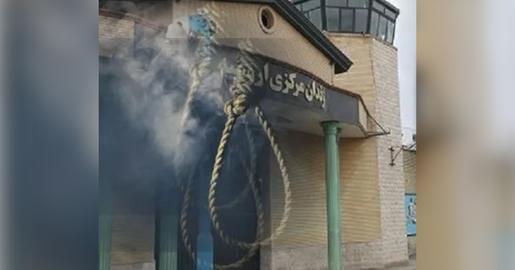




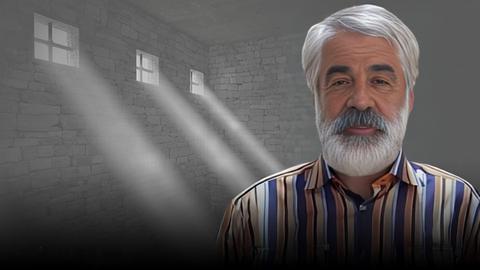


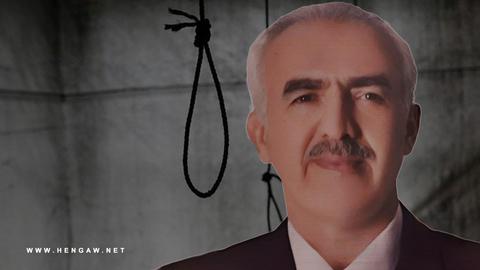
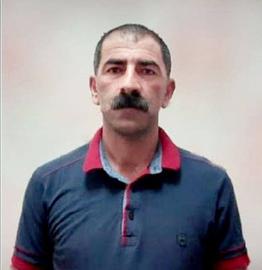

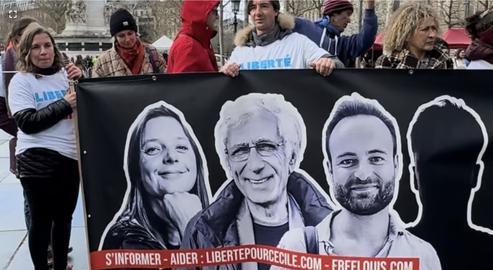
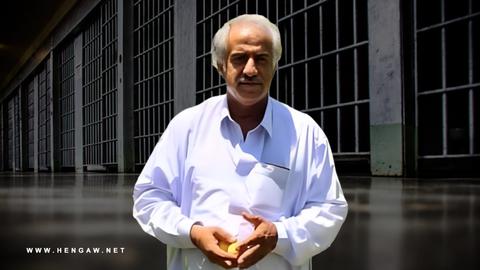


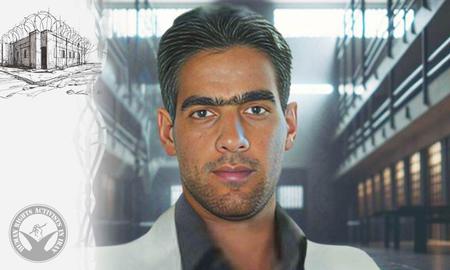


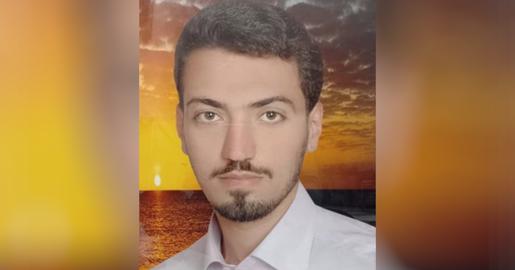
comments